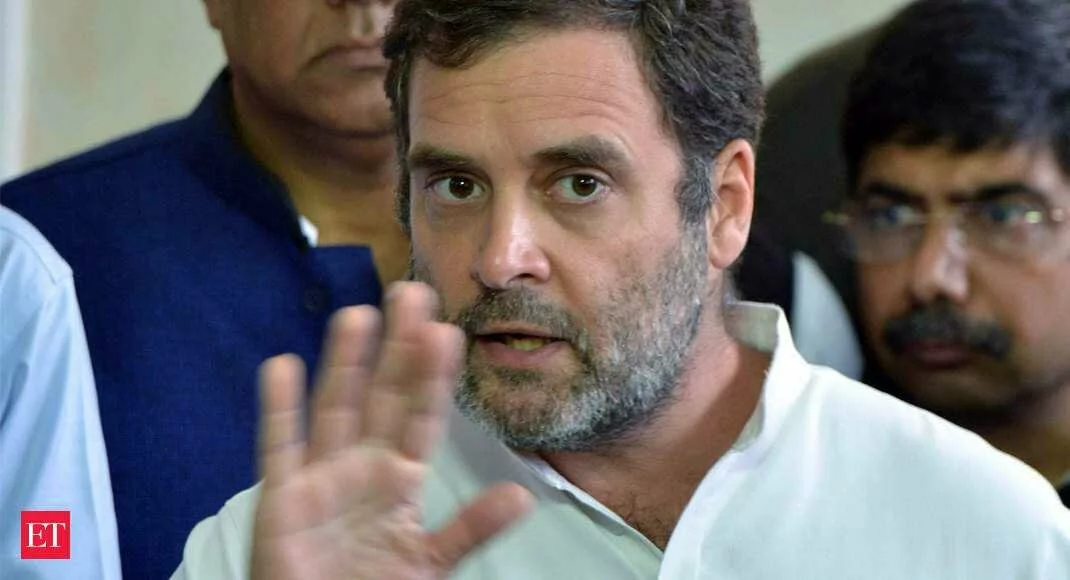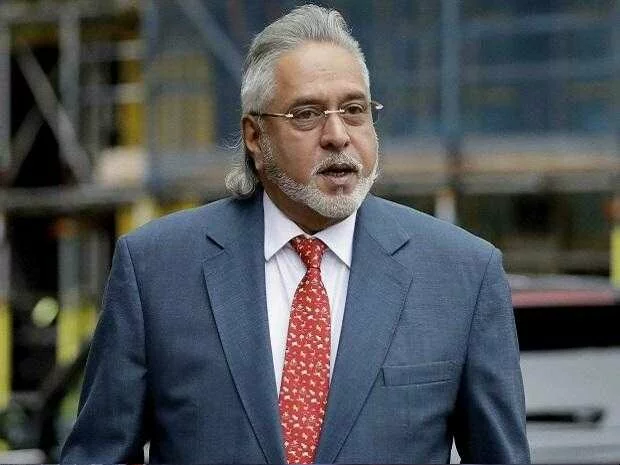
Tax fears keep family offices at bay from investing in India despite Sebi leeway
- 2019-11-11 08:00
- By economictimes.indiatimes.com
Up until now, a pool of money raised from investors could only be deployed together in a particular investment, similar to what mutual funds do. The recent regulations mean money raised from different investors by an FPI or a fund can be deployed in separate stocks. Tax experts and market participants said that while the relaxation in rules would provide much-needed flexibility to bring investment from foreign high net-worth individuals and family offices, lack of clarity over the tax issue could become a deal breaker. “Several market intermediaries are now permitted to invest on behalf of clients; the present relaxations do away with conditions of broad-basing and having a common portfolio. The Securities and Exchange Board of India recently announced operational guidelines for FPIs and depository participants. While foreign investors might see this as a positive development, they would seek clarity over taxation before taking this route of investment, said experts. Most FPIs and PE funds pay taxes on the combined returns as they invest the money from a common pool. However, if they are investing it separately, the tax department may come to the conclusion that the ultimate beneficiary is not the fund or the FPI but the family office or the investor. In that case, the ultimate beneficiary would be required to pay tax and file the returns. “Since the private bank will not be investing into India as a pooled vehicle or fund, it will be useful if the CBDT (Central Board of Direct Taxes) could also issue some guidance on how such structures would be taxed and whether the ultimate investor or the private bank will be considered as the taxpayer.



